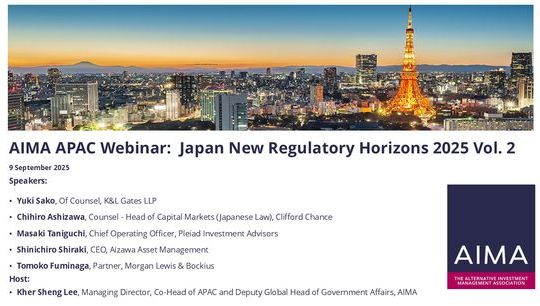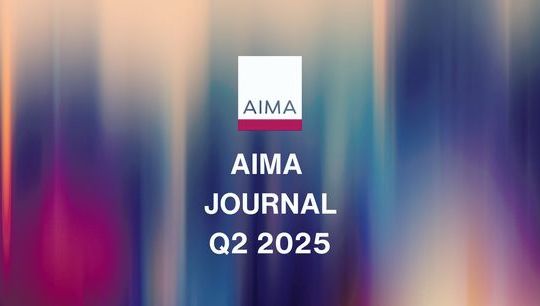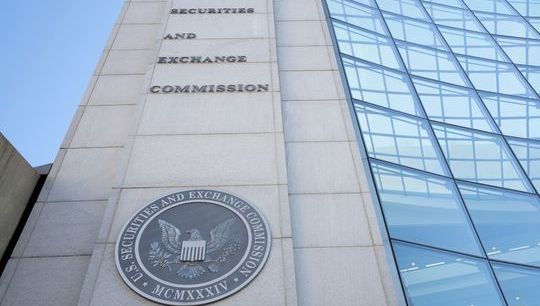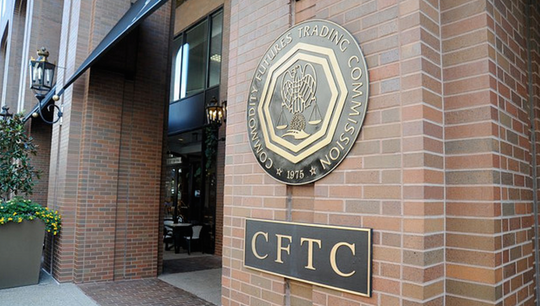SEC’s Recent MNPI Risk Alert – Key Takeaways
Published: 03 May 2022
On April 26, the SEC’s Division of Examinations (“EXAMS”) issued a risk alert summarizing certain deficiencies related to material nonpublic information (“MNPI”), as identified in recent registered investment adviser examinations. These MNPI-related deficiencies presumably could lead to the risk of insider trading, an evergreen focus area for EXAMS and SEC enforcement alike.
The risk alert identifies potential violations of the Investment Advisers Act of 1940, specifically Section 204A, intended to prevent misuse of nonpublic information, and Rule 204A-1, better known as the code of ethics rule. Weaknesses in these areas of an adviser’s compliance program would raise significant concerns and have been central to past insider trading enforcement actions.
The risk alert itself confirms EXAMS’ continued focus on certain aspects of an adviser’s business, such as alternative data, value-add investors who may possess MNPI, expert networks and code of ethics enforcement – particularly with regard to supervision of access persons and personal trading. EXAMS’ focus on alternative data has been bolstered by recent headline-grabbing enforcement cases such as App Annie and is unlikely to wane anytime soon. Similarly, significant past enforcement matters related to expert networks have earned this area the ever-watchful eye of the SEC staff.
The risk alert implies that a wide range code of ethics weaknesses were found among examined advisers, stemming from omissions in the code itself to poor implementation. Code of ethics weaknesses are seen not only as potential violations of Rule 204A-1, but vulnerability points that could enable further, more serious misconduct such as insider trading.
In all, this alert should serve as a reminder of what the SEC staff views as compliance risk areas and, more importantly, for investment advisers to remain vigilant in their code of ethics implementation. It may not be a “shot across the bow” as some have described it, but it certainly is fair warning.
For questions regarding the risk alert, please contact Suzan Rose.










